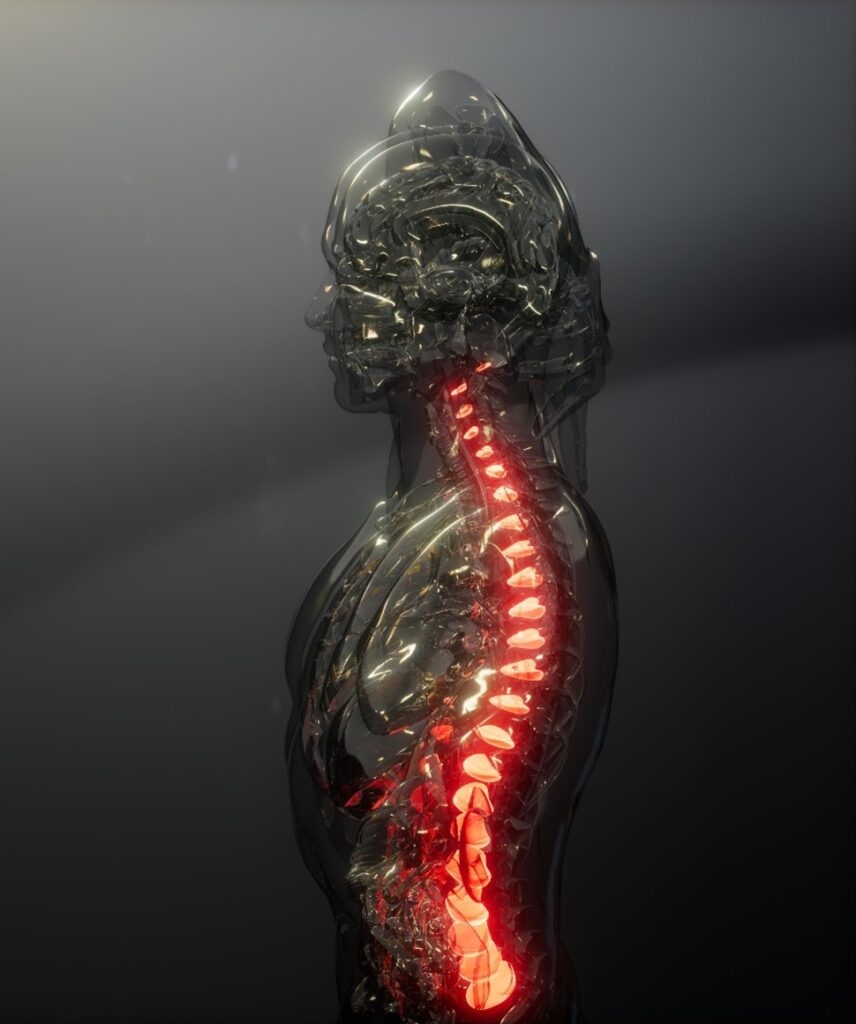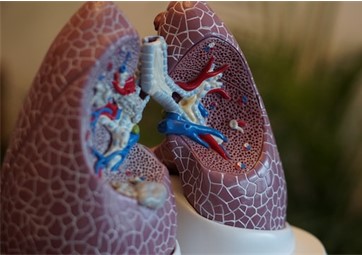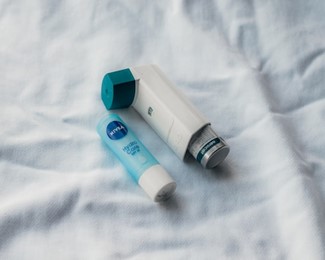
There are an estimated 300,000 Americans who have ankylosing spondylitis (AS). This form of inflammatory arthritis commonly leads to a decline in the flexibility of the spine, as well as joint and back pain. Typically, it begins in early adulthood.
It’s also a genetic condition that can be passed onto children.
Monica Kraft, formerly of Duke University and Arizona University, reports that many patients have chosen to participate in the National Institutes of Health’s All of Us Research Program. One day, the DNA from the blood that these patients submit may shed vital light on the way AS behaves — and could potentially lead to an effective treatment for future generations.
The NIH is hoping to enroll 100,000 Wisconsin residents in the All of Us study. Announced in 2015, the All of Us initiative’s goal is to enroll 1 million people and collect as much health data as possible.
So far, roughly 500,000 have signed on to the program, the largest study of its type on precision medicine that also aims to diversify clinical trials to include a broader range of ages, sexes, and races.
While it may seem to be an ambitious plan, it already appears to be having notable results.
The History
Announced in 2015, the All of Us study began actively recruiting participants in 2018, and is expected to continue for at least a decade. All of Us will essentially be one of the largest and most diverse health databases ever created.
The data will be an essential resource to researchers who seek to uncover comprehensive knowledge about how the health of humans is impacted by everything from biology to the environment to lifestyle choices.
This information could yield more effective treatment options for individuals who have a range of medical issues both small and large. Instead of a one-size-fits-all treatment plan, the goal is to establish precise medicine plans fueled by genetic data, tailored to every individual’s needs, even among those with the same type of condition.
Precision care takes into account not just personal habits and genes, but gender, age, and socioeconomic factors involved with medical conditions as well.
The DNA data may also provide answers to longtime health disparities, such as why those of African descent are four times more likely to develop kidney failure than those of European descent.

How it Works
The NIH has heavily promoted All of Us since its launch, having reached out to Americans directly via email or through its website. It also relies on industry partners throughout the country to recruit a range of people, including hospitals, researchers, and medical practitioners.
Anyone 18 or older is eligible to participate, and either blood or saliva samples are usually taken.
The whole genome sequences of volunteers are added to a database that is used by U.S. scientists who meet a rigid set of standards and requirements.
Many of those who have participated have already learned a lot about themselves, including genetic testing results, ancestral information, and their risk of inherited diseases caused by genetic variants.
Promising Early Results
The All of Us study still has a long way to go to reach its goal, but what has been uncovered so far is fascinating.
These include important findings about the number of steps needed to help fight chronic diseases, as well as when COVID-19 infections may have first appeared in the United States. Higher education institutions involved in the study are receiving grants, such as the University of California-Davis’s $12.9 million grant focusing on precision nutrition to help prevent disease.
Perhaps the most promising aspect of the All of Us Research Program is the fact that the participant’s future children and grandchildren may not ever have to experience certain genetic diseases, which is more than enough reason for AS sufferers to participate in the study.




